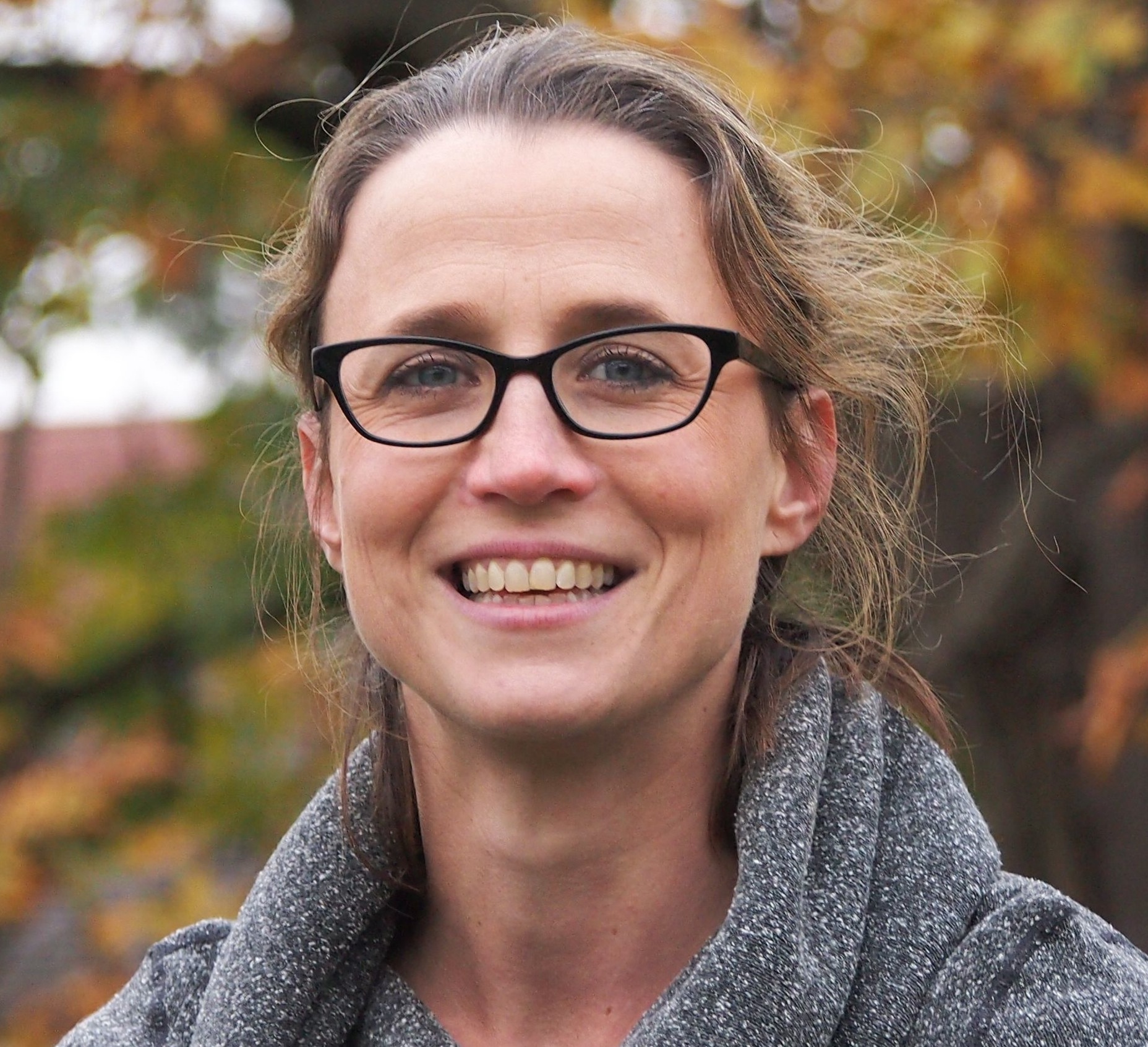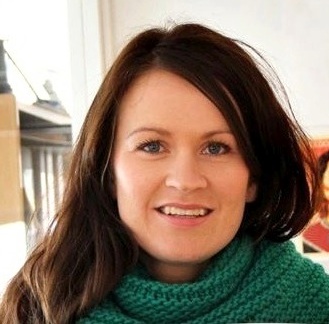EIN welcomes cooperation with NGOs and the CoE upon its establishment in Strasbourg
/By Ramute Remezaite, EIN, and Shirley Pouget, Open Society Justice Initiative
Dear EIN friends
It is our great pleasure to share the recent developments relating to the European Implementation Network (EIN) with you. Initially conceived as a project of Judgment Watch, with the support of the Open Society Justice Initiative (OSJI), the EIN has been registered as an association in Strasbourg in January 2017 to start its life as an independent organization dedicated to supporting and monitoring implementation of judgments of the European Court of Human Rights (ECtHR). EIN is currently governed by a Board, comprised of six prominent academics, litigators and NGOs: Professor Başak Çalı (Hertie School of Governance, Berlin), Professor Philip Leach (School of Law, Middlesex University, London), Nigel Warner (ILGA-Europe Advisor on Council of Europe, the Helsinki Foundation for Human Rights, the Legal Resources Centre Moldova and Judgment Watch.
Thanks to a grant awarded by the Oak Foundation, the EIN is now in a position to hire its Director, who we expect to be in place by the Summer. With its permanent presence in Strasbourg, the EIN will not only serve as a bridge between domestic NGOs but also contribute to strengthening the influence of civil society in Strasbourg.
EIN’s effective cooperation with human rights lawyers, NGOs and communities is at the very heart of its work. Dedicated to building and strengthening the ability of domestic groups to contribute to better implementation of ECtHR judgments, EIN aims to become a vibrant and diverse network of NGOs and lawyers from all 47 member states of the Council of Europe (CoE), with its Secretariat in Strasbourg. We believe that the greater the participation of EIN’s members and partners, the greater the value of the network. In the current climate of the increasing resistance to full and effective implementation of ECtHR judgments and the spreading of populist and authoritarian ideas across the continent, there is a strong need for civil society groups to come together to share knowledge and experiences in addressing the existing challenges both domestically and on the regional level.
The EIN has been cooperating with numerous litigating NGOs and lawyers from across the CoE region to date and invites civil society organizations working towards effective implementation of ECtHR judgments to get in touch to discuss collaboration. Organizations and individuals can join the EIN by becoming members or by partnering with the EIN. EIN members have a right to participate in EIN General Assembly meetings, receive information about EIN activities and actively contribute to its development. EIN partners can participate in and benefit from various activities, such as trainings and implementation briefings (without becoming full members). You can find more information on how to join the EIN here.
We also greatly value our existing fruitful cooperation with a number of CoE bodies and their representatives, who play a crucial role in pushing member states for effective implementation of ECtHR judgments domestically. Following the well-received EIN launch event at the ECtHR on 2 December 2016, attended by over a hundred representatives of the CoE officials, civil society and academia, where the increasing importance of the collective responsibility for implementation was reiterated, we hope for even stronger cooperation with the CoE bodies in our efforts to assist and encourage member states to enhance their domestic implementation efforts. We believe that more transparency, inclusiveness and collaboration are of paramount importance in response to the deepening human rights crisis in Europe.


